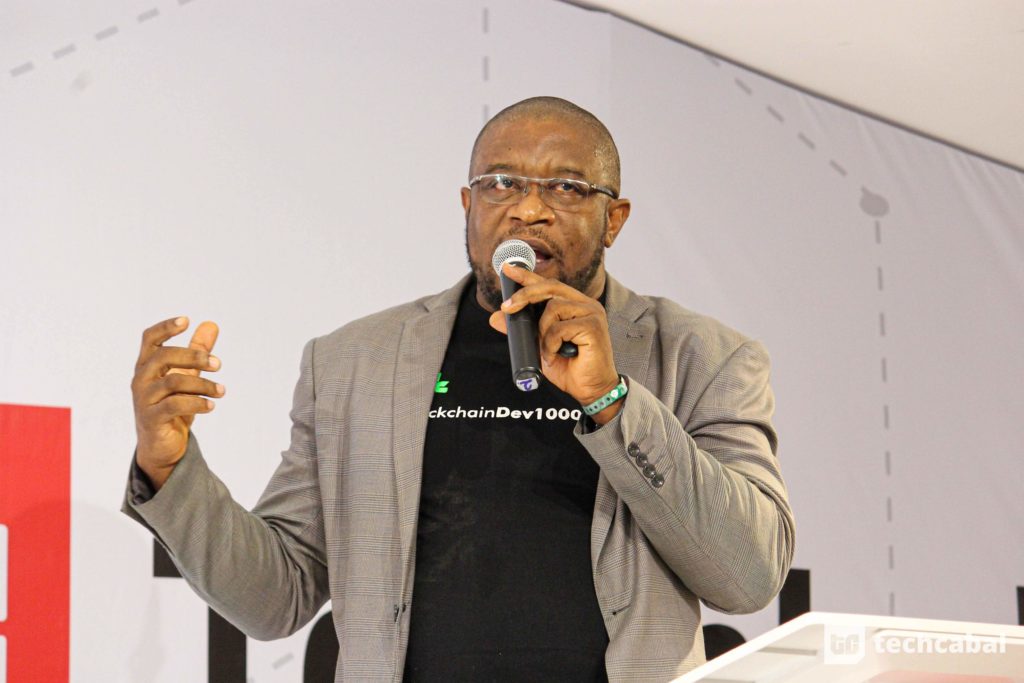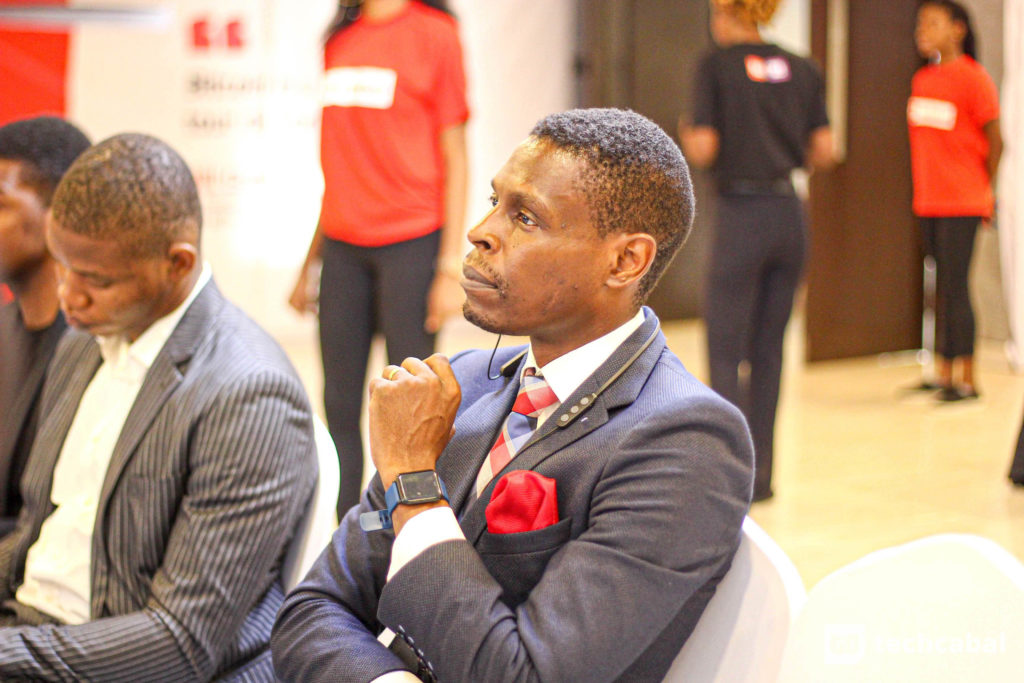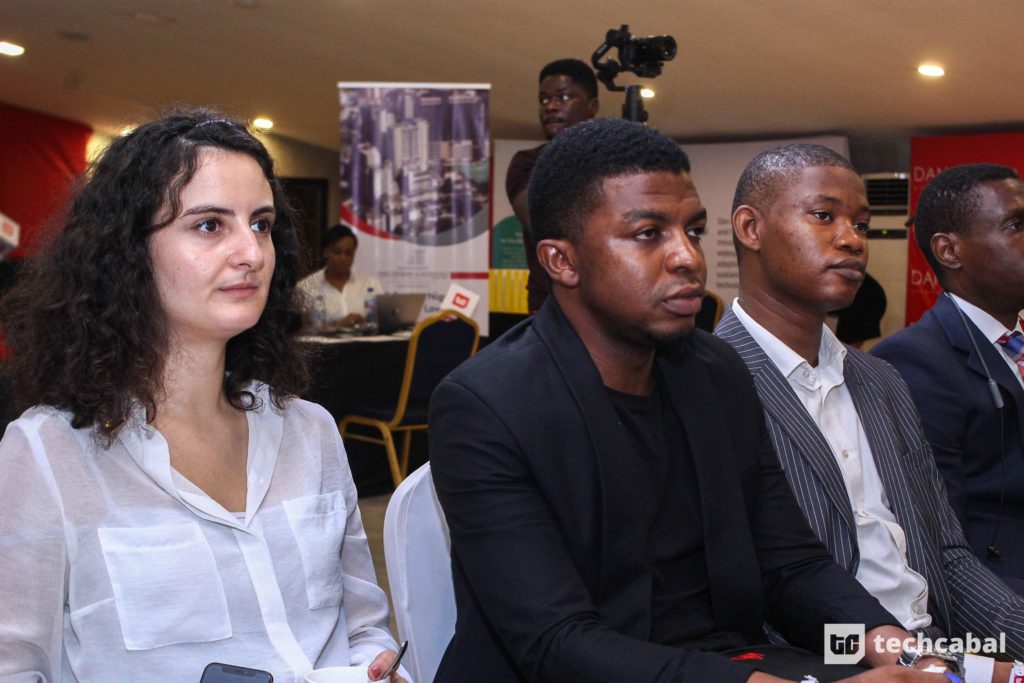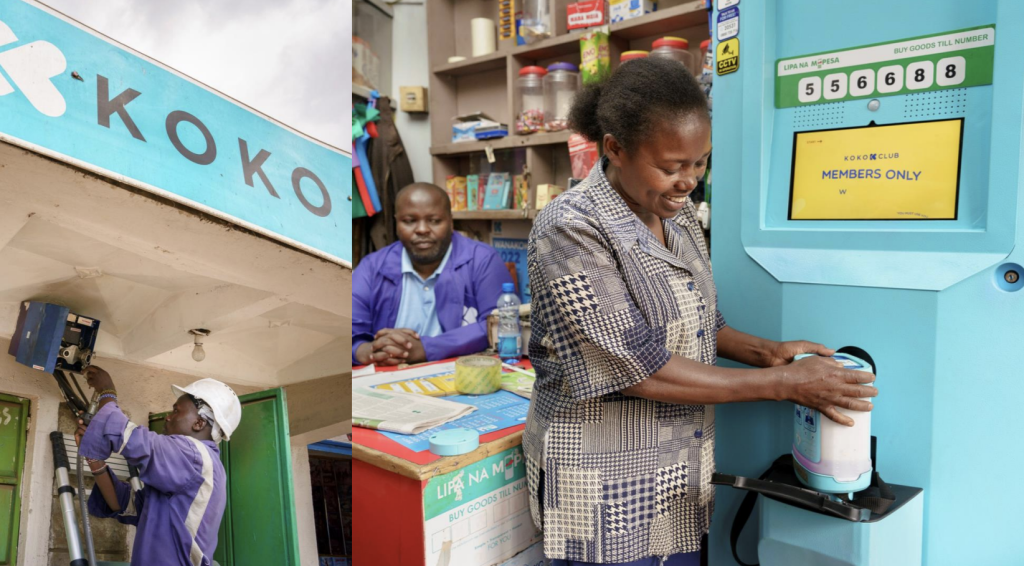The question of skill availability, readiness and use cases both current and potential for emerging technologies like artificial intelligence, blockchain technology, virtual reality/extended reality (VR/XR) were at the center of conversations which took place at the Emerging Technologies townhall last Friday with organisations across various sectors, regulators and innovators in attendance.
The first panel set the tone for the townhall in its attempt to answer questions around the continent’s readiness for emerging technologies and conversation spanned skill availability, regulation, and data.
“At the heart of Africa’s challenges are transparency, credibility, identity and verification,” said Uzoma Nwagba, Chief Operating Officer at Government Enterprise and Empowerment Program (GEEP).
“These are governmental and infrastructural challenges that we have, and everything else can befall on these.”
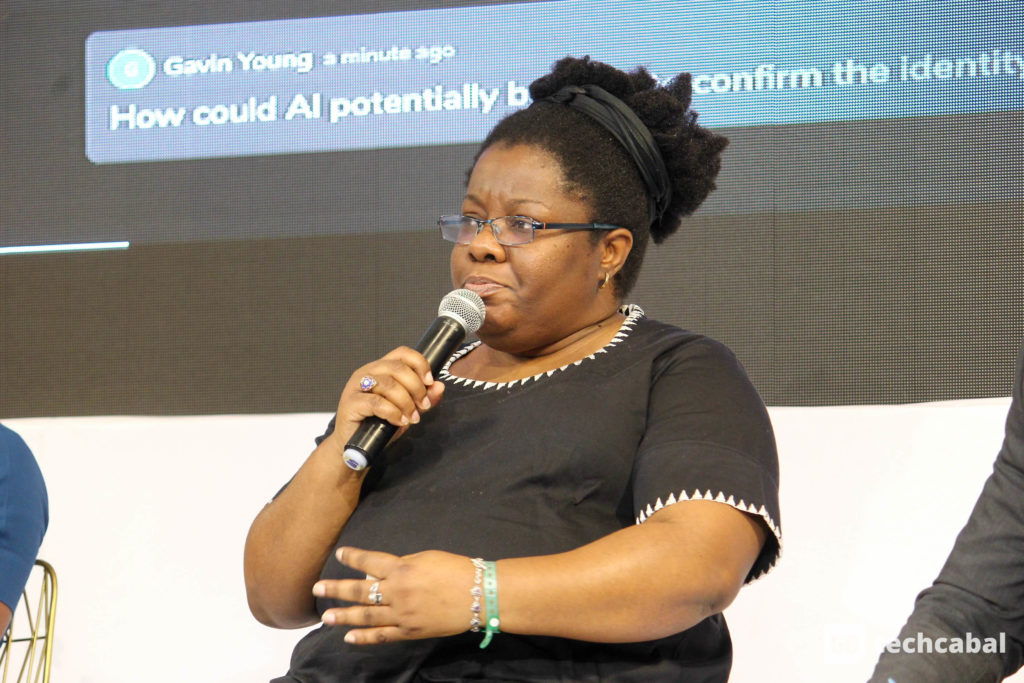
In spite of a lack of these regulatory frameworks, innovations like Judith Okonkwo’s virtual reality creation lab, Imisi 3D, and healthtech company, Ubenwa continue to show what use cases are possible and the potential of these technologies in solving some of the continent’s pertinent issues.
Co-founder and Engineering Lead at Ubenwa, Innocent Udeogu, while speaking to the availability of skill set in this field says he is self-taught and that can be a pathway for others to follow. Ubenwa, ‘child’s cry’, is a machine learning-based mobile app that detects birth asphyxiation in babies, an occurrence the World health Organisation credits for the death of almost a million babies annually.
R: Innocent Udeogu, Co-founder/Engineering Lead, Ubenwa
For Okonkwo, all that is required to develop skills in these new fields is taking the first step with or without a background in technology.
One initiative already playing in the skill acquisition space is AI Saturdays which launched in Lagos in 2018 to democratise learning in ML and AI.
Learner’s on every skill level are welcome to join its 16 weeks of peer-to-peer learning in these fields which it organises in cohorts. At the townhall, which was put together with the support of Dan Holdings, co-founder Femi Azeez highlighted the activities of the group including a poster it worked on in 2018 to properly identify Nigerian local foods online.

Last year, when I spoke to the AI Saturday Lagos team, one of the areas of conversation we deliberated on was data and the availability of local data sets in building out ML systems that are Africa-specific and represent the continent on the global stage.
“In a local innovation perspective, Nigeria is ahead of sub-Saharan Africa. Nigeria is way ahead, Kenya is coming up,” said Elo Umeh, CEO of Terragon Group.

Not all the stakeholders present however are sold on the current ‘hype’ in the industry or the readiness of Nigeria and the continent at large to key into it. For Emeka Okoye, CEO, Cymantiks, until the country is ready for open data, AI and other such technologies will not truly kick off and be as impactful as they can.
“Open data reflects the state of things in our environment. Unfortunately, we have a government that doesn’t believe in open data,” Okoye said at the event.

In the midst of these conversations was also how these technologies are disrupting the workforce as well as what opportunities they can potentially create, and how this dynamic impacts on adoption and government interest.
Hanu Fejiro Agbodje, CEO of Patricia Technologies, in a product showcase introduced the company’s Bitcoin debit card which, like a regular bank debit card allows users carry out crypto card transactions.
Timi Ajiboye, CEO of BuyCoins and Yele Badamosi, former Director, Binance Labs and Founder of Microtraction, in brief interactive sessions shed more light on cryptocurrencies and how it has opened up new pathways for easier exchange of value and wealth creation.
If one thing was clear from the townhall and from our interactive sessions with our audience, it is that the interest in emerging technologies is not lacking.
While there is some activity going on that buttresses this fact, there’s more to be done in demystifing what these technologies are and how they can be implemented in everyday life and businesses to increase adoption.
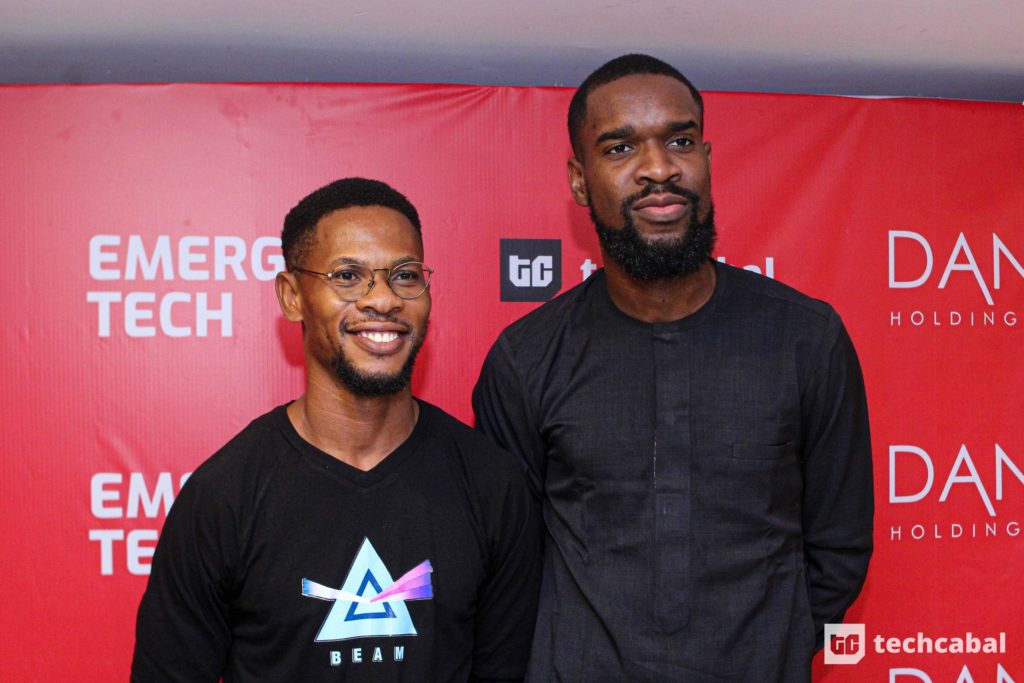
There’s also some proactivity required on the part of governments to commit to understanding what these technologies are, the possibilities therein and how policy formation can drive growth in the various fields.













